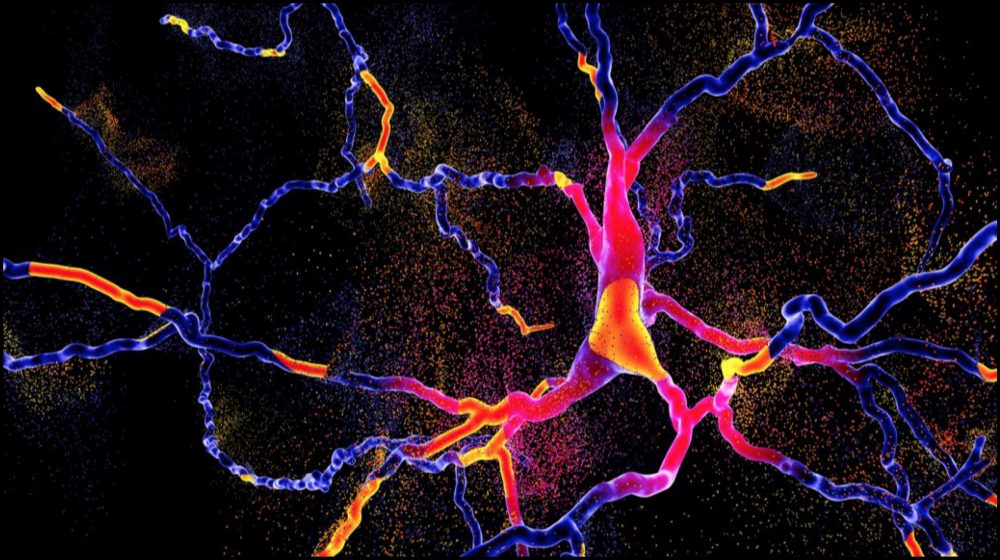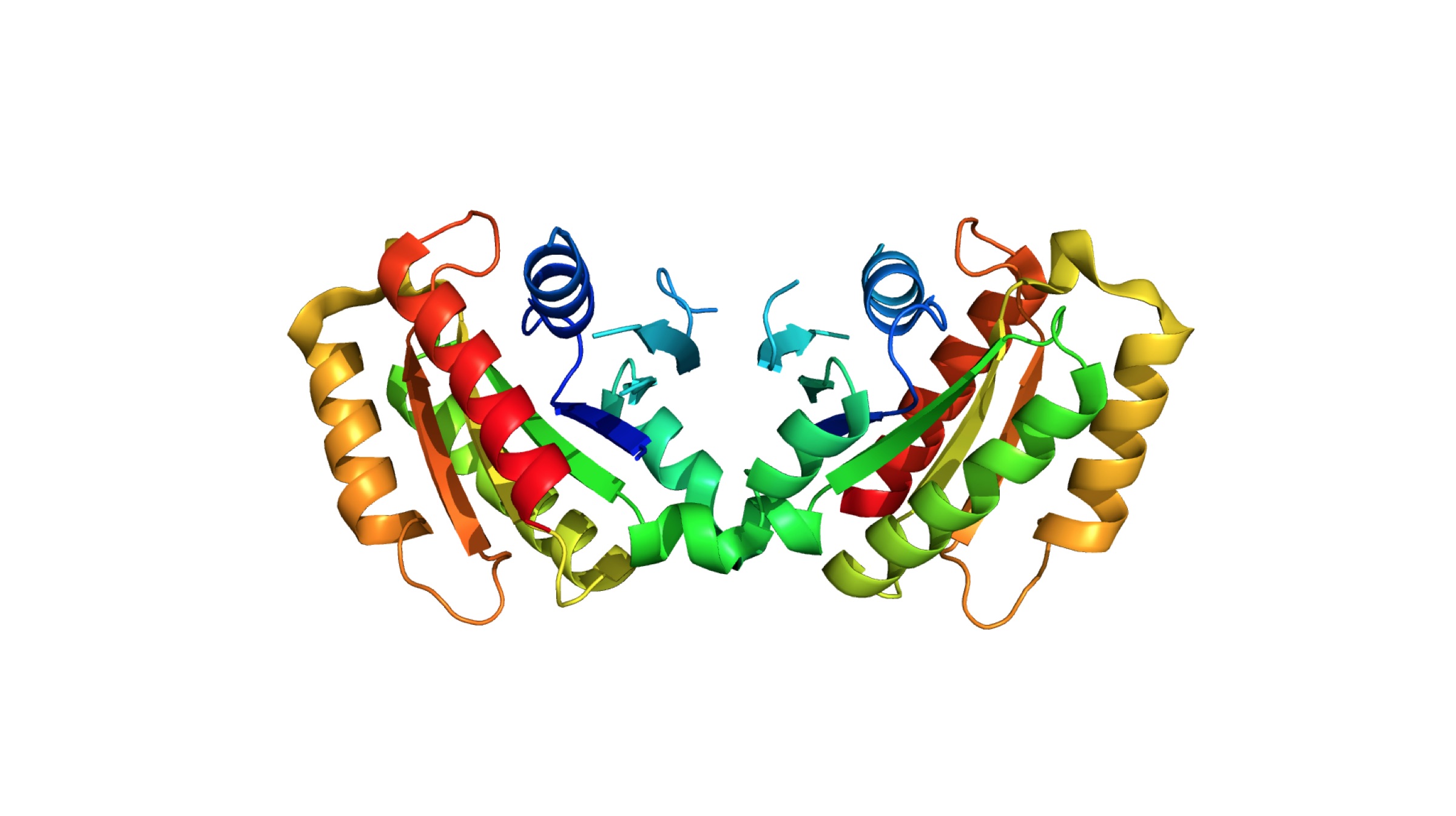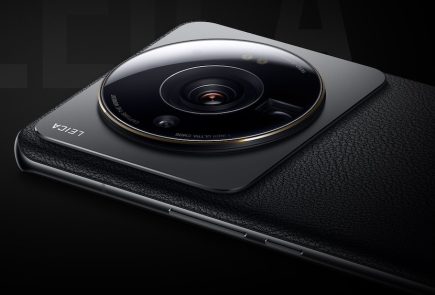New Technique Can Directly Target Parkinson’s Root Cause

Parkinson’s disease was first mentioned in an essay in the year 1817 by Doctor James Parkinson. An estimated seven to 10 million people worldwide have Parkinson’s disease. Also, an estimated 4 percent of people with Parkinson’s are diagnosed before the age of 50, indicating that the disease can be cured at an early stage if a tangible cure exists. When dopamine levels decrease in the central nervous system, it causes abnormal brain activity, leading to the basic symptoms of the disease.
 Although the disease is not fatal, it’s symptoms may lead to incidents that may be fatal in the long run. As per recent reports, researchers from Oxford’s Department of Physiology, Anatomy and Genetics have discovered the method via LRRK2 (a key protein) affects neurons and eventually destroys their capability to clear out damaged cell components. Furthermore, they can now research a way to target and fix this anomaly.
Although the disease is not fatal, it’s symptoms may lead to incidents that may be fatal in the long run. As per recent reports, researchers from Oxford’s Department of Physiology, Anatomy and Genetics have discovered the method via LRRK2 (a key protein) affects neurons and eventually destroys their capability to clear out damaged cell components. Furthermore, they can now research a way to target and fix this anomaly.
LRKK2 plays a very important role in degrading the waste proteins. Lysosomes need an acidic environment to function properly, and the aforementioned protein regulates the way that lysosomes are acidic. If a person is suffering from Parkinson’s disease, the mutated protein cannot perform the function of degrading the waste protein, which leads to lysosomes losing their acidity over time.
 Also Read: AI Reveals Why Our Eyes Are Drawn Towards Specific Shapes And Colours
Also Read: AI Reveals Why Our Eyes Are Drawn Towards Specific Shapes And Colours
Studies further reported that a drug known as clioquinol (originally used as an anti-parasitic drug) can overcome the effects of the mutant protein (LRRK2) and can rejuvenate the acidity of the lysosome. This will enable the lysosomes to eradicate the damaged cell components, and can eventually prevent the onset of Parkinson’s, or even cure it. Scientists state that the implications of such a drug may not be just limited to Parkinson’s disease, infact, it may be used to cure other neurodegenerative diseases as well.






















